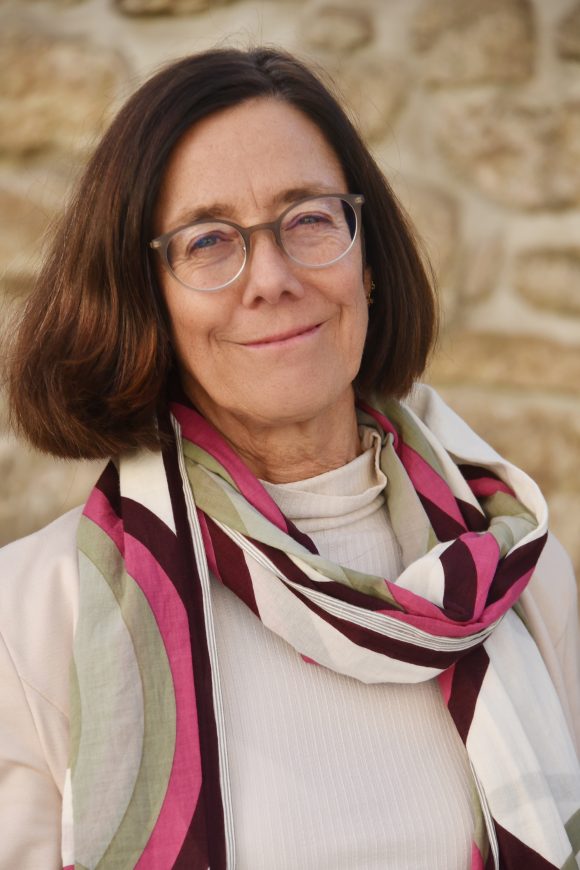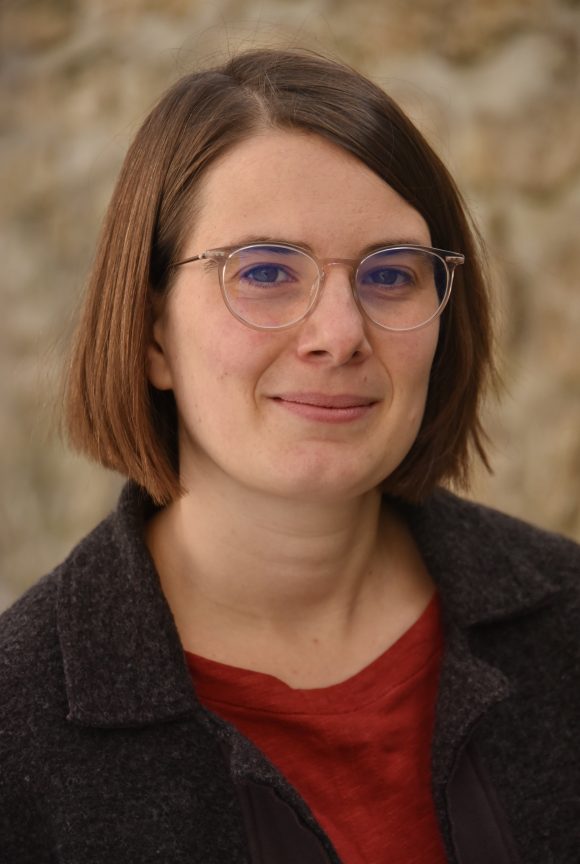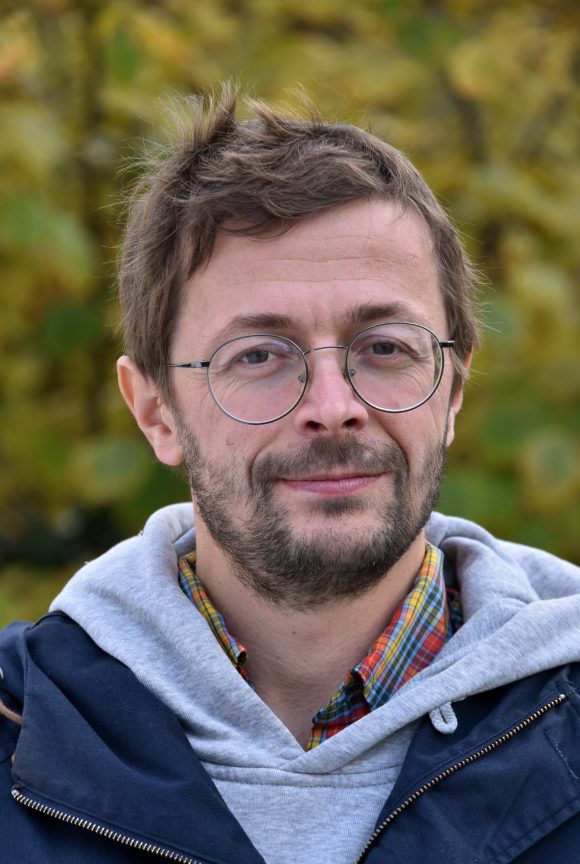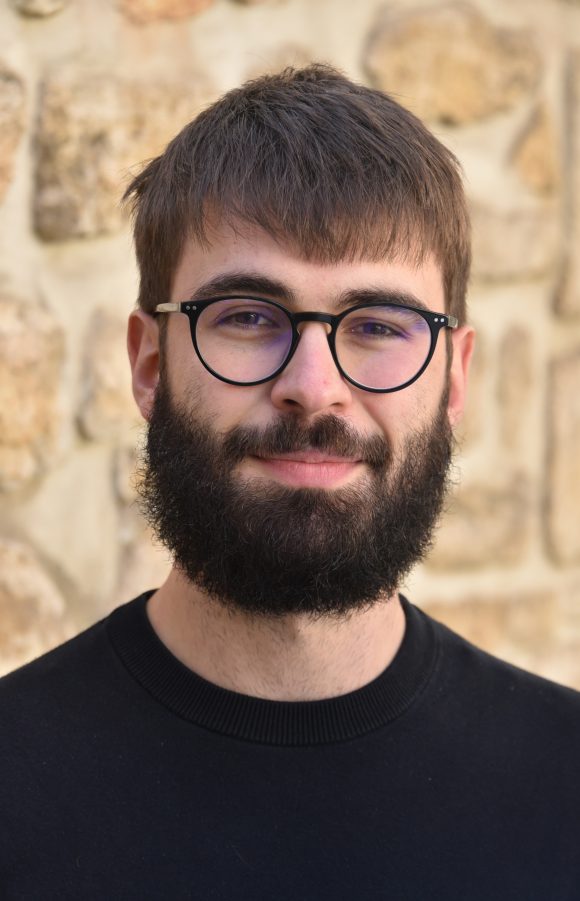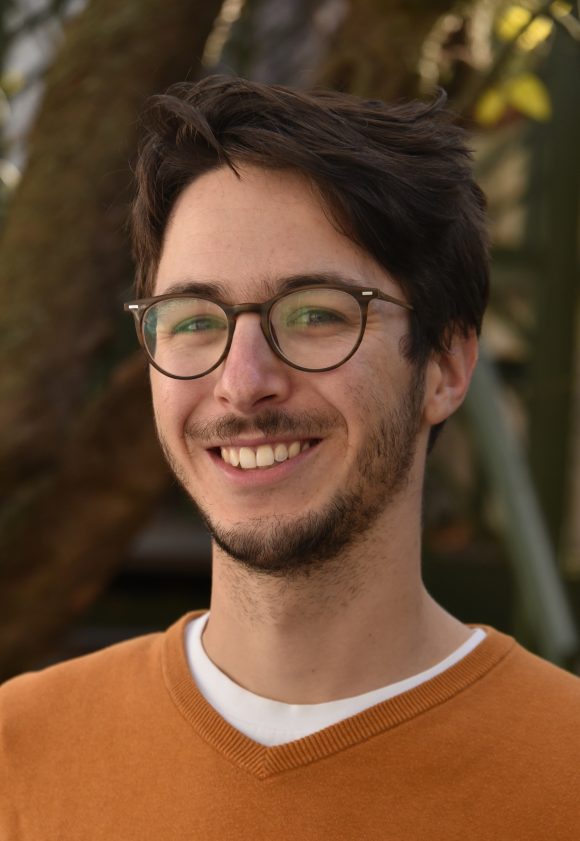
Project & Team
Introduction of the Project
In our work, we explore the question »How to deal with racism, antisemitism and sexism in works of classical German philosophy?« and try to understand (self-)critical history of philosophy as part of a Public Philosophy.
Passages that – at least according to today’s criteria – can rightfully be viewed as being racist, sexist or antisemitic can be found in many works of classical German philosophy. Examining this heritage critically, responsibly and with a differentiated view poses a challenge at the present time. For this reason, the project focusses on the question: How should we self-critically deal with racism, sexism and antisemitism (rsa) in works of classical German philosophy in research, teaching and the public sphere?
The discussion got under way after the BlackLivesMatter protests and the political intervention in response to the antisemitic and racist attacks in Halle and Hanau. These events roused a renewed discussion not only in the public sphere but also in academic philosophy about how rsa are part of our own tradition.
Current philosophical discussions and debates in the public sphere tend to individualize rsa. So, for example, the debates about the rsa heritage in philosophy center on individual persons (»Was x a racist, sexist, antisemite …?«). This gives the impression that we are standing outside the tradition of rsa in our history and, by assuming the position of judges, feel that we are able to judge persons or epochs. That is one of the reasons why the current debate tends to be divided into apologetic and fundamental-critical positions. This situation, however, only leads to subsumptive concluding opinions that break off rather than carry on any discussion. As a result, the historical and political dimensions of the problem as well as the tradition of rsa, which still shapes our thought today, are ignored.
Our goal is to stimulate a (self-)critical discussion about philosophy’s entanglement in rsa. Apart from all else, this means taking a (self-)critical look at established academic practices and central concepts using the means and methods of philosophy and developing alternative formats.
Based on a concept of political-reflective faculties of judgement, the working group has defined four central fields of study:
A (self-)critical history of philosophy
Detailed examination of how nationalist philosophers referred to German Idealism will help towards formulating a self-critical historiography of philosophy. To this end, a closer look is taken at the local entanglement of philosophy and, in addition, the question is raised as to how historical entanglement shapes the contents and conceptual thought of contemporary philosophy.
Commentated collections of texts as well as teaching and research material
The texts and sources that have come under criticism are to be collected in a corpus and made available in a database. A variety of interpretations, exemplary analyses of argumentation and overviews of the state of research will complete the collection. Using this as a basis, materials and concepts for academic research and instruction at schools are to be drawn up.
Experimental and creative forms of conveying awareness
New and creative formats of (self-)enlightenment and education are tested to promote a suitable awareness of the problem also as regards established forms of thinking and practice. They are to stimulate critical (self-)reflection through an experience of irritation, a shift in habitual codifications etc., thereby making new perspectives comprehensible.
»Public Philosophy« in dialog
A methodically reflected, differentiated concept of Public Philosophy that, in particular, is designed to promote dialog with (and not instruction of) the public sphere will be developed and tested in practice from the start. In this connection, philosophy will be considered a part of the public sphere which, on their part, can act as a corrective instance for philosophical cognitive processes.
Team members
The team of our project currently consists of five members. We also work very closely with two associates on a regular basis.
